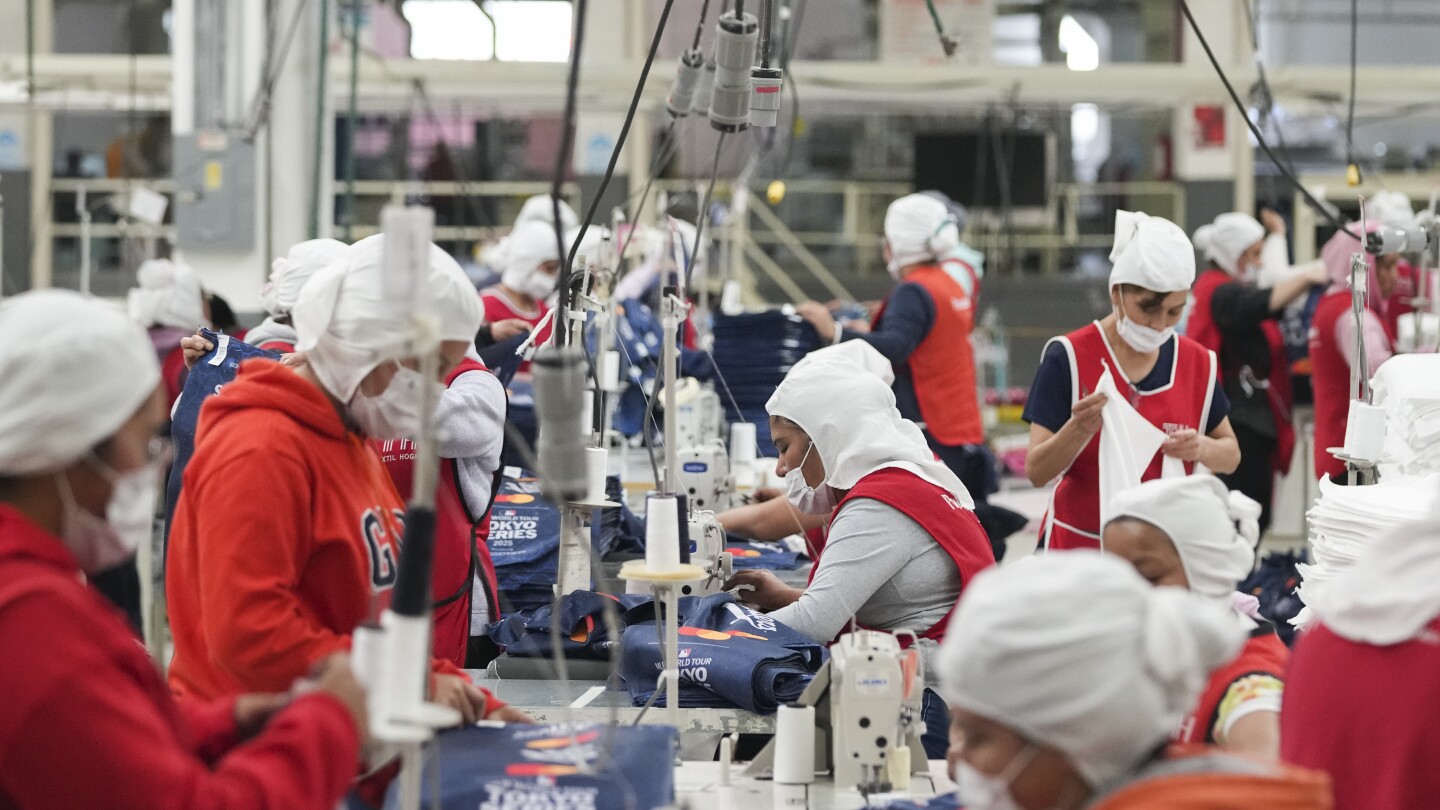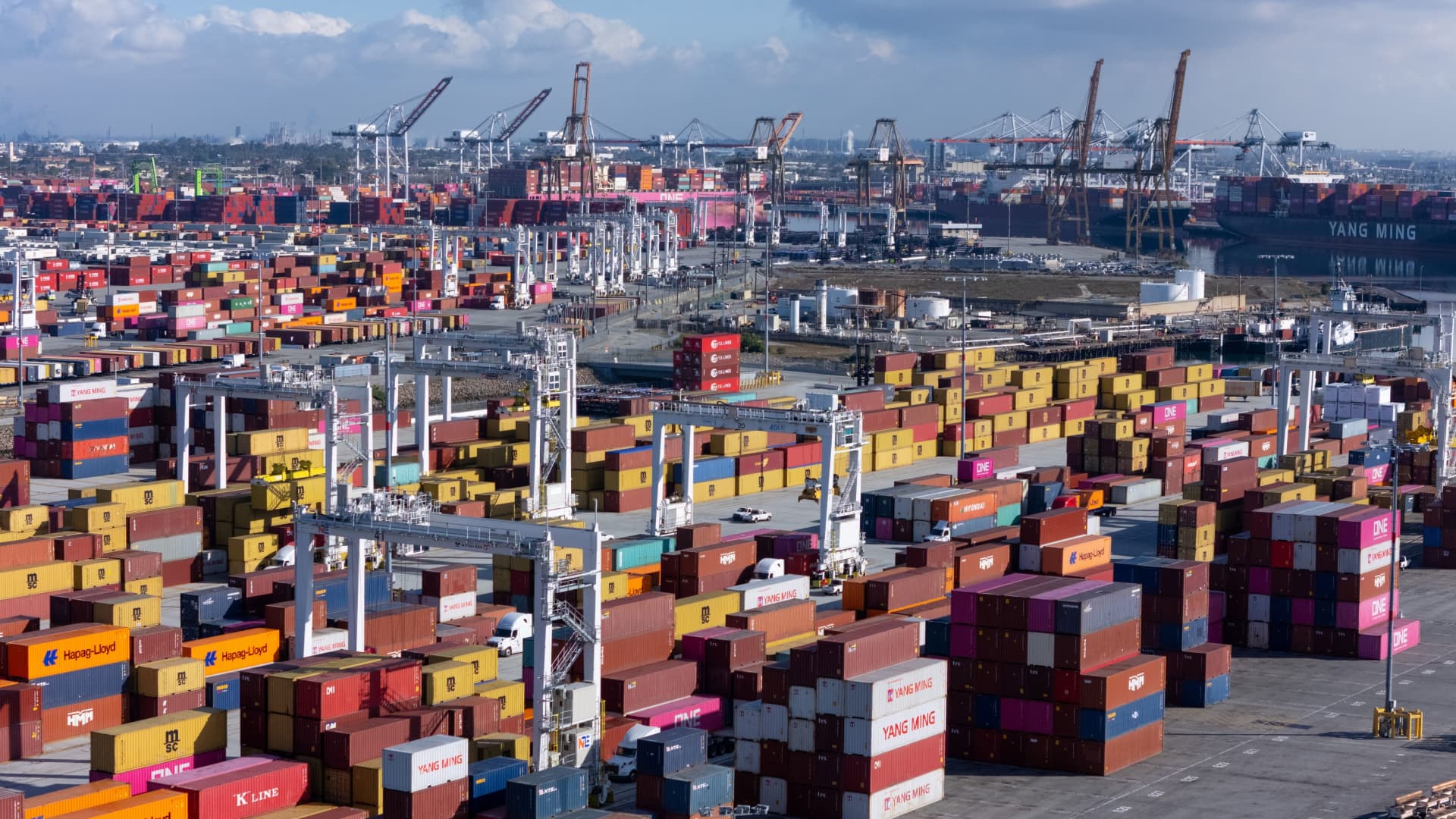Who Will Cross the Trillionaire Finish Line First?
As the race to become the world’s first trillionaire heats up, tech titans like Elon Musk, Jeff Bezos, and Mark Zuckerberg are at the forefront, each vying for this unprecedented financial milestone. However, this competition is not just about individual wealth; it unveils deeper issues surrounding wealth inequality that organizations like Oxfam have been increasingly vocal about. The contrast between these colossal fortunes and the struggles faced by millions globally raises pressing questions about the balance of wealth in our society.
The Trillionaire Contenders
The pursuit of the trillionaire title has captured the imagination of many. Each contender has a unique trajectory that has propelled them toward this remarkable financial summit:
- Elon Musk: Known for his ventures in electric cars and space exploration, Musk’s wealth has been largely driven by the success of Tesla and SpaceX. His relentless innovation and risk-taking have positioned him as a frontrunner in this race.
- Jeff Bezos: The founder of Amazon, Bezos transformed the retail landscape with his e-commerce empire. Following his departure as CEO, his investments in various sectors, including space travel with Blue Origin, continue to enhance his wealth.
- Mark Zuckerberg: As the co-founder of Facebook (now Meta Platforms), Zuckerberg’s fortune is tied to the social media giant’s growth and its expansion into virtual reality and metaverse technologies.
These individuals not only embody entrepreneurial spirit but also symbolize the potential for vast wealth creation through technology and innovation. Yet, their success raises critical discussions about wealth distribution and economic justice.
Oxfam’s Insights on Wealth Inequality
Oxfam, a global movement focused on alleviating poverty, has published reports highlighting the stark contrasts in wealth accumulation. According to their findings, the world’s richest 1% have amassed more wealth than the rest of the population combined. This staggering statistic underscores a growing concern: while a select few are amassing fortunes that seem limitless, billions are struggling to meet basic needs.
Key insights from Oxfam’s reports illustrate the following:
- The global wealth of billionaires surged during the COVID-19 pandemic, with many tech leaders seeing their fortunes increase significantly.
- Wealth inequality has detrimental effects on economic growth and social stability, leading to increased unrest and dissatisfaction among the populace.
- Investments in social services, fair wages, and equitable taxation are crucial for addressing wealth disparities.
These insights compel us to consider the broader implications of the race to trillionaire status. The wealth gap not only highlights economic inequality but also poses a challenge to social cohesion and democratic values.
The Broader Impact of Wealth Concentration
The concentration of wealth in the hands of a few has far-reaching effects on society. Here are some critical areas impacted by this trend:
- Economic Mobility: High levels of wealth concentration can stifle economic mobility, making it more challenging for individuals from lower-income backgrounds to improve their financial standing.
- Access to Resources: As wealth becomes more concentrated, access to essential resources such as education, healthcare, and housing can diminish for those at the lower end of the economic spectrum.
- Political Influence: The ultra-wealthy often have disproportionate influence over political processes, which can lead to policies that favor wealth accumulation rather than equitable distribution.
This impact raises moral questions about the responsibilities of the wealthy. Should billionaires be doing more to combat inequality? What measures can be taken to ensure that their success translates into broader societal benefits?
Potential Solutions to Wealth Inequality
Addressing wealth inequality requires concerted efforts from individuals, corporations, and governments alike. Here are some strategies that can be adopted:
- Progressive Taxation: Implementing tax systems that require higher contributions from the wealthiest individuals can help redistribute income and fund essential public services.
- Corporate Responsibility: Corporations can adopt fair wages and equitable employment practices, ensuring that their success benefits all stakeholders, including employees and the communities they serve.
- Philanthropy: Wealthy individuals can engage in philanthropic efforts, supporting initiatives that address poverty, education, and healthcare disparities.
These solutions, while challenging to implement, offer pathways toward a more equitable society. Engaging in discussions about wealth distribution and social responsibility is crucial for creating a sustainable economic future.
The Future of Wealth and Society
The quest for the first trillionaire is not just a financial competition; it is a mirror reflecting our societal values and priorities. As we watch tech leaders strive for this milestone, we must also focus on the broader implications of wealth accumulation and its effects on global inequality.
While the world’s richest individuals continue to grow their fortunes, the disparities faced by millions cannot be ignored. The alarming data from Oxfam serves as a crucial reminder that wealth should not only be measured in terms of personal gain but also in its capacity to uplift communities and foster sustainable development.
As we move forward, it becomes increasingly important to advocate for systemic changes that promote equity. The responsibility lies not only with those at the top but also with all of us to demand a fairer economic landscape.
Conclusion
The race to cross the trillionaire finish line is a fascinating spectacle, yet it serves as a stark reminder of the wealth inequality that persists in our world. As we observe the fortunes of Elon Musk, Jeff Bezos, and Mark Zuckerberg, let us not lose sight of the millions striving for a better life. The conversation around wealth must evolve, focusing on how we can create a more equitable society for all. In doing so, we can ensure that the achievements of these titans contribute positively to the world at large.
See more CCTV News Daily



